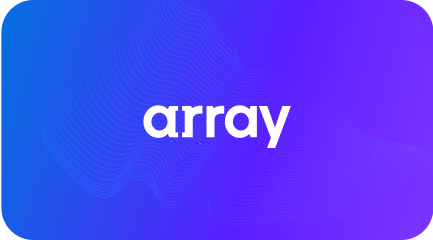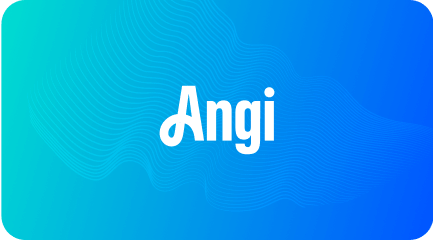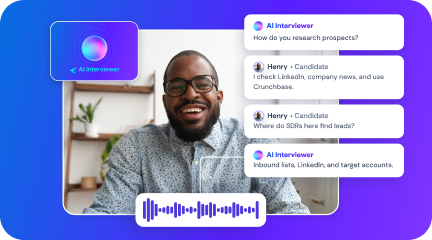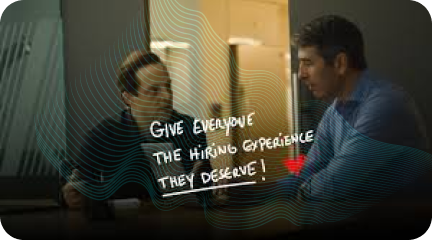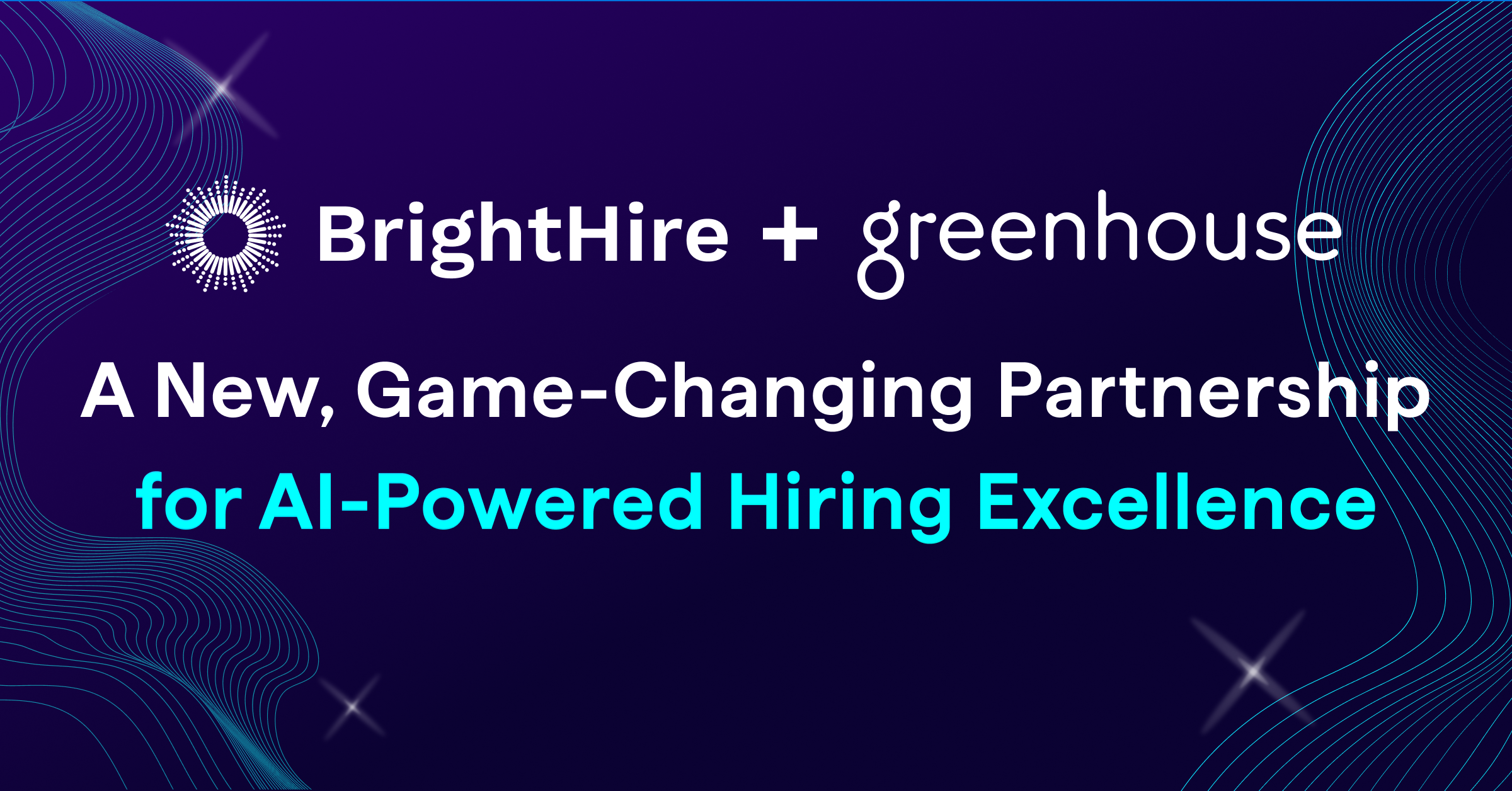It’s no secret that today’s recruiting environment is slowing down. When you open LinkedIn, there are a lot of posts from those recently laid off or from companies announcing they have to freeze hiring. And when TA teams are downsized, it becomes more important than ever to allow remaining recruiters to become agile and productive with fewer resources. In many cases, that means they need to learn new skills they didn’t have before.
So, now more than ever, great recruiters with multiple skills and talents are invaluable for businesses looking to hire and retain top talent for the long haul. The key to doing that? Finding the balance between hiring new recruiters with needed skills, if possible, and upleveling your existing recruiters with new skills and responsibilities.
More often than not, upleveling your team is much more impactful than hiring externally—whether you’re promoting internally, cross-training, providing career advancement to high performers, or even giving one skilled team member the space and time to teach their colleagues new recruitment methods. Providing new opportunities for recruiters to grow in their careers helps them with the agility and efficiency needed in slimmer hiring situations, too.
“As recruiting leaders, we probably all know we could be doing a better job of developing ourselves and our teams,” says Byron Kendal, VP of Talent at Rokt and former Senior Talent Acquisition Leader at Better. “We often let our own development fall by the wayside while we chase aggressive goals.”
But with everything your team already handles on a day-to-day basis, do you really have time to invest in training? We think so. Read on to learn:
- Why it pays to invest time and money into training and coaching your recruiters
- How to build an effective training program
- When you should upskill versus make new hires
Why it pays to invest in training & coaching your recruiters
To put it simply, strengthening your TA team’s skills benefits the entire company—especially when business is tight. When recruiters become more skilled at what they do, there can only be positive ripple effects in every department they touch. Companies see improved retention rates with both recruiters and the employees they hire, improved productivity and job satisfaction, and a better candidate experience for everyone, even those ultimately not hired.
Investing in a training and coaching program—and facilitating an environment where everyone constantly learns from each other—requires support from management and executives. Especially for junior and associate recruiters, the thing standing in the way of their advancement is the outdated, ingrained thinking from years past: “Good talent shouldn’t be held back for a year just because they were given that job. That relationship is not a productive one. The more modern approach is finding good talent in the business and finding new opportunities to develop people. We owe it to ourselves to be better at what we do,” says Byron.
With that support and camaraderie, you can better retain the recruiters you already have and even find trends within your recruitment process that identify gaps or issues that affect everyone. You’re helping recruiters grow skills and advance within the company—and that often means they don’t feel the pull to look for another role outside the company.
The TA leader’s framework for recruiter training & coaching
If a recruiter interviewing at your organization today asked you, “From a career development perspective, why should I join your team,” what would you tell them? Do you have a good answer prepared? The answer to that question can be a good start to creating your training and coaching program.
From there, you have a few different approaches to choose from when it comes to creating the right training framework for your company and needs. You can build a training program around one or all of the following:
- Seniority level, from most junior to most senior
- Core recruiting skills needed and where the team spends most of their time
- Identified metrics to improve based on data from TA tools and technology like BrightHire
Really, there’s no one perfect way to build your training program; the way that’s most effective for your team is the right way. Regardless of the direction you choose, recruiter training should focus on upskilling and self-development. “We should be teaching skilled recruiters to handle situations they’re more likely to face on a regular basis and then build competencies in that space,” says Byron.
5 skills to focus on during recruiter training
From a high level, every recruiter should know how to:
- Define roles and align stakeholders while driving toward the intended goal
- Design thoughtful assessments that gather evidence to drive informed hiring decisions
- Decipher interview feedback and help hiring teams reach decisions
- Generate referrals and strategically source candidates
- Close the best talent against competitive offers
Exactly how each recruiter accomplishes the crucial skills above can depend on their seniority level. You wouldn’t necessarily ask junior recruiters to source executive-level candidates through advanced tactics their first year, right?
In general, recruiters earlier in their careers require more skill-based training than their senior counterparts. Some of these skills include:
- Maintaining candidate experience standards
- Reviewing applications and resumes
- Using sourcing tools like LinkedIn and Gem
- Phone screening candidates
- Growing core interview skills
- Discussing compensation and counteroffers
- Managing candidate expectations
- Making and negotiating offers
For senior recruiters and managers, developing critical thinking skills will be most beneficial; they’re likely seasoned pros and don’t necessarily need as much skill-based training as their junior peers. Some of these skills include:
- Learning to better anticipate issues, know breaking points, and see around corners
- Developing data analysis skills and better using data to make decisions
- Understanding how to trade-off between cost, quality, and speed and how to prioritize them
- Continually practicing core leadership skills
- Presenting strategies and ideas 1:1 and in front of a group
Regardless of the way you choose to approach your training program, keep the current skills of your recruitment team in mind. That will help you shape priorities and find areas for improvement, including within your interview training programs.
Creating a training program based on the above skills can be daunting—there’s a lot of material out there, and a lot of different ways to train and learn. But more often than not, the best teacher is your own interview notes and recordings. With BrightHire, you can use existing interview recordings and highlights to build recruiter and interviewer training directly within the platform. With a complete library of interview highlights at your disposal, you can create different training paths—per skill level, department, and so on—and assign them to recruiters or even hiring managers when you need to.
How to build a more agile recruiting team with advancement opportunities
Sometimes, the state of the company necessitates cutting recruiters. When that happens, the remaining team has to become more agile to remain productive and efficient. With a training and coaching program in place, recruiters are able to take control of their own development and both dive deeper and go broader as they need and want.
Encourage recruiters of all levels to speak to others at your company and in your field. Allow them to solicit feedback from stakeholders, their manager, or their peers. Help them research how others have approached the problems they tend to face—especially when it comes to watching existing interview recordings of their own interviews and their peers’ interviews.
“Some of the strongest folks at Better, when it comes to their self-development, would frequently use BrightHire. They would listen to their calls and analyze them, looking for opportunities for improvement. They were some of our highest performers; they went deeper,” says Byron.
BrightHire helps recruiters ramp into new roles and responsibilities easily with the ability to watch recordings, showing them how previous recruiters and hiring managers have done things in similar scenarios. By providing on-demand shadowing opportunities, your team can experience a 40% reduction in cost per hire and a 66% reduction in time for recruiters to ramp up.
Bring training to life with 1:1 coaching
Mentorship is such a valuable and often overlooked aspect of comprehensive recruiter training programs. Who can recruiters speak to in order to help them think through their challenges?
1:1s between recruiters and their managers can take on a mentorship function. As a TA leader, make an effort to set aside dedicated time each month—or whatever period makes sense for you both—to focus on the recruiter’s development and career goals.
This can, in part, involve training that you assign to them and then discuss during your scheduled time together. If you use BrightHire, you can create regular coaching opportunities between you and your direct hires by providing personalized feedback with specific context within BrightHire itself and on specific interviews or recording snippets. There’s no better teacher than direct, extremely relevant examples internally for recruiters to refer to whenever they need.
Mentors don’t necessarily have to be a manager, though. A common misconception about mentor relationships is that they need to be formal and official. Mentors can come in all shapes and sizes in a 1:1 coaching format to help recruiters hone their skill sets:
- Long-term relationships with a dedicated career coach, scheduled meetings, and structure
- Trusted peer or resource that a recruiter can bounce ideas off of
- One-off coffee chats with someone prominent in the industry
- Life mentors that help recruiters navigate things beyond career trajectory
How to know when to upskill vs. when to hire
Depending on your team’s current training needs and existing skills, it can be difficult to decide whether or not to hire someone new or upskill and promote someone internally. To figure out which one might be best for your team, ask yourself:
- What is the problem you’re trying to solve within your company or TA team?
- Have your hiring goals changed?
- Are you currently in a hiring slowdown or freeze?
- Do you require greater stakeholder management skills?
- Are there knowledge gaps to fill?
Depending on what you’re trying to solve, you may need to hire additional support instead of upskilling your existing team. Of course, we always recommend upskilling whenever possible. Even if you do end up hiring externally, there’s no downside to strengthening your existing team.
“You should always think about upskilling; this will help you be less reactive in the moment when things come up,” says Byron.
Typically, knowledge gaps and management skills can be best solved with upskilling and training; fulfilling headcount projections may necessitate hiring externally, depending on the expected volume. Hiring externally may also help solve any gap in credibility or long-term, experience-based skills.
Other questions to consider if you’re having trouble deciding whether to upskill internally or hire externally:
- How long will it take to find someone new if hiring isn’t frozen?
- Can I train someone internally in that time?
- Is it easier to replace a different role and train someone in the new role versus spending too much time hiring the skill I need now?
Start upleveling your recruitment team today
Hiring is a team sport. It takes a village to succeed—not just within the TA team, but across the entire company. By making a training and development program that helps recruiters build skill sets, broaden their knowledge, and take on new responsibilities, you’ll foster the perfect environment for the smartest TA team in the business.
Want to take a deeper dive into building a recruiter training program? Watch our webinar with Byron Kendall, How to Unlock Your Team’s Recruiting Superpowers.
